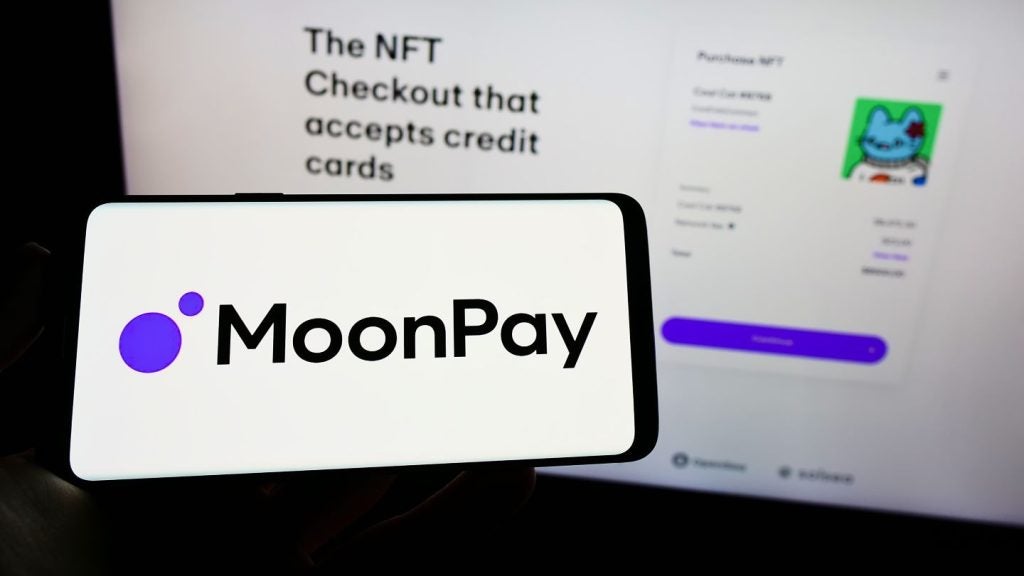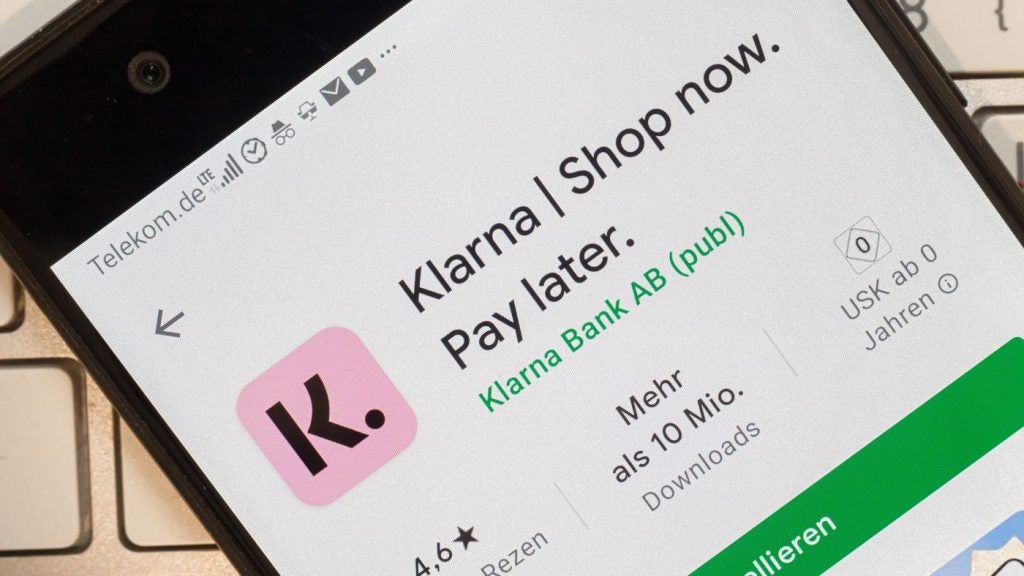
After a challenging 2023, 49% of consumers worldwide are confident that their financial situation will improve in the coming year. This is according to new research from Paysafe. Its findings reveal a consumer landscape characterised by a mix of optimism, caution, and a willingness to adapt spending habits.
Paysafe’s report, entitled Lost in Transaction 2023: The Disposable Income Report, examines how consumers are changing their discretionary spending. It surveyed consumers across Europe, North America, and Latin America.
Millennials, Gen Z the most optimistic
Optimism is particularly pronounced among millennials and Generation Z. Some 57% of each group express confidence in their near-term financial future. However, consumers acknowledge improvement will require more proactive measures as they manage high living costs and their money differently. One in two (50%) intend to alter their spending habits. In terms of discretionary spend, the research also indicates that a growing proportion of consumers are prioritising in-home entertainment (23%) more than before. Nearly a third say they will spend less on clothing (32%).
Conversely, 37% admit to saving less due to rising living costs or not saving at all (18%). Despite this, 47% believe they will be able to save more in the coming year.
In response to the changing financial landscape, more are turning to budgeting tools and apps for assistance. These apps are primarily used to plan how to save as well as how to balance various expenditures and how to better manage discretionary spending. A substantial 55% of respondents say they already use these apps. 38% plan to increase their reliance on them in 2024.
Travel spend to continue upwards trajectory
Furthermore, the research reveals a shift in how consumers plan to allocate their disposable income. Over two-fifths (42%) are opting to spend less on physical goods. Instead, they prioritise spending on experiences, even as costs rise. This is especially so in Brazil (52%) and the US (51%), but less common in Austria and Germany (29%).
How well do you really know your competitors?
Access the most comprehensive Company Profiles on the market, powered by GlobalData. Save hours of research. Gain competitive edge.

Thank you!
Your download email will arrive shortly
Not ready to buy yet? Download a free sample
We are confident about the unique quality of our Company Profiles. However, we want you to make the most beneficial decision for your business, so we offer a free sample that you can download by submitting the below form
By GlobalDataThis shift to increasing spend in the experience economy is reflected in consumer attitudes to travel. 43% are planning on spending more or the same on package holidays and 41% on flights. Spending on online sports bets (18%) and in-game purchases (19%) have remained the same before inflation and the cost-of-living crisis.
Small businesses must resolve security challenges
Regarding online spending over the past six months, 31% expressed no preference between large and small e-commerce businesses. As consumers navigate an evolving economic environment, businesses, whether they may be small or big, should pay attention to shifting trends and tailor their offerings to meet the changing needs and expectations of their customers.
An ongoing concern in the online shopping experience continues to be security. There is clear reluctance among many to share financial details online. Only 43% are comfortable doing so with a small business versus 56% with a large one. Small businesses must resolve these security challenges to take advantage of positive signs for next year given some 42% intend to shop more at local businesses in 2024.
Rob Gatto, Chief Revenue Officer Paysafe, said: “Consumers will prioritise discretionary spend on goods and experiences that bring them joy. This is a consistent trend that is clearly supported by our research. For businesses, large or small, to capitalise on this, it means making every experience, and every transaction count. By offering a frictionless checkout experience, businesses increase customer experience and loyalty.”







